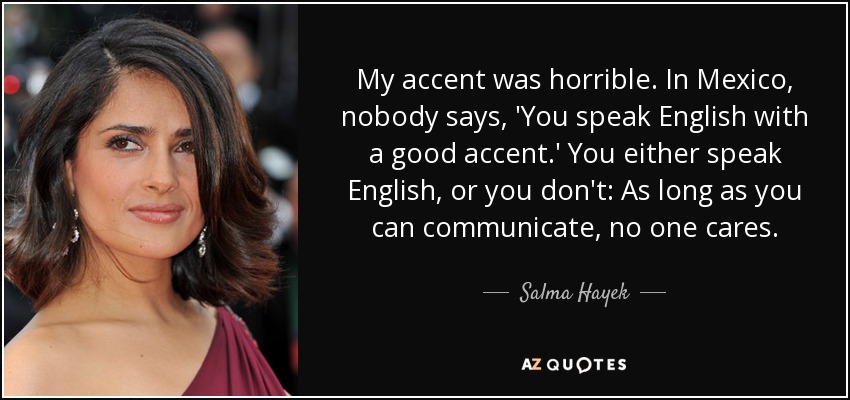In this entry we will listen and study in detail some of the most famous songs by Bob Dylan as a way to appreciate English language through music and learn new vocabulary and expessions.
But first of all let´s debate: Did he, in your opinion, deserve a Nobel Prize?
Bob Dylan has won the 2016 Nobel prize in literature, says the permanent secretary of the Swedish Academy, Sara Danius. Announcing the award she says Dylan ‘created new poetic expressions within the great American song tradition’. He is the first songwriter to win the award and the first American to win since Toni Morrison in 1993.
Read this article published in The Guardian newspaper where you can find the lyrics of some of his most famous songs.
The New York Times also published a whole lesson plan about Bob Dylan. Follow the link to complete the activities.
LIKE A ROLLING STONE
This song was released as a single in 1965 and then included on the album Higway 61 Revisited in the same year. It lasts over six minutes and it´s probably Dylan´s most influential song- in 2004, Rolling Stones magazine declared "Rolling Stones" the greatest song of all times, "No other pop song has so thoroughly challenged and transformed the comercial laws and artistic convections of its time" (www.tuneintoenglish.com)
Useful Videos on grammar and pronunciation
Sunday, 30 October 2016
Sunday, 23 October 2016
The answer my friend is BLOWING IN THE WIND
There is no better reason in the world to learn English that to understand songs and sing along the lyrics!!
Listen to this great song and complete the lyrics in your worksheet:
Read Bob Dylan´s biography after sorting out these scrambled sentences:
Listen to this great song and complete the lyrics in your worksheet:
Read Bob Dylan´s biography after sorting out these scrambled sentences:
( )
|
song of
the times, "Blowin' in the Wind". The album made Dylan a legend
overnight. The Beatles bought
|
( )
|
songs.
Many believe he is the greatest living poet.
|
( )
|
a whole
generation of musicians.
|
( )
|
age. He
formed several bands and played so loudly at a high school talent show the
principal had to cut
|
( )
|
Dylan
continued to have an important impact on the history of rock for many
decades. He has received hundreds of
|
( )
|
it and
said: "We just played it, just wore it out…it was incredibly original
and wonderful.” It inspired
|
( 1 )
|
Robert
Allen Zimmerman was born in 1941 and loved music, especially blues, from a
young
|
( )
|
the
microphone off. He switched to folk music because, he said: “The songs are
filled with more despair, more sadness, more
|
( )
|
triumph,
more faith in the supernatural, much deeper feelings."
|
( )
|
awards for
his song writing, recording and performances. He got a Pulitzer Prize in 2008
for his "profound
|
( )
|
impact on
popular music and American culture, marked by lyrical compositions of
extraordinary poetic power”. He still plays 100 dates a year.
|
( )
|
the latter
half of the twentieth century and many have become traditional protest
|
( )
|
fans, as
well as literary critics, say his words are as important as those of any
previous winners. His songs describe
|
( )
|
In 1963,
he released his second album, “The Free wheel in' Bob Dylan”. It included what bécame the most famous
|
( )
|
In 2016
Dylan received the Nobel Prize for Literature. Thousands of his
|
Wednesday, 19 October 2016
Welcome Back!
Why learning English? That is the question!

Let´s start by introducing ourselves and saying at least one reason why you want to do this course:
I want to speak English!!


Conversation questions:
Should everyone learn English?
Why are you studying English?
In your experience, what studying methods are
most effective for you?
What accent do you find easiest to understand?
Are English movies in your country shown with
subtitles or are they dubbed?
If you could speak English perfectly, how would
your life change?
Watch this video by Professor David Crystal talking about the future of English as a language and be prepared to have a discussion afterwards:
Will English continue to be the global language that it is now?
Watch this video by Professor David Crystal talking about the future of English as a language and be prepared to have a discussion afterwards:
Will English continue to be the global language that it is now?
Follow this link to discuss some quotes about why learning languages. They are the words of very influential people who bring forward some of the best reasons to learn a language.
These quotes remind us of how languages open up our minds to a variety of opportunities in diferrent cultures and countries.
So, what is your reason?
Let´s now listen to a new video where professor David Crystal talks about "World Englishes". What does he mean by that?
Subscribe to:
Posts (Atom)